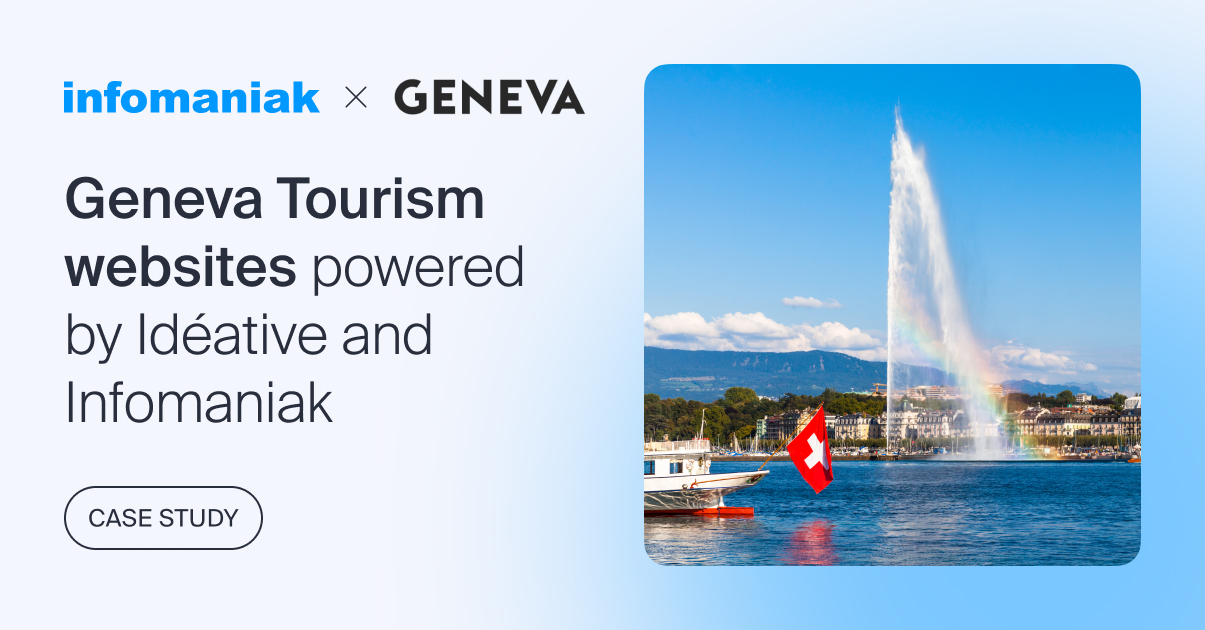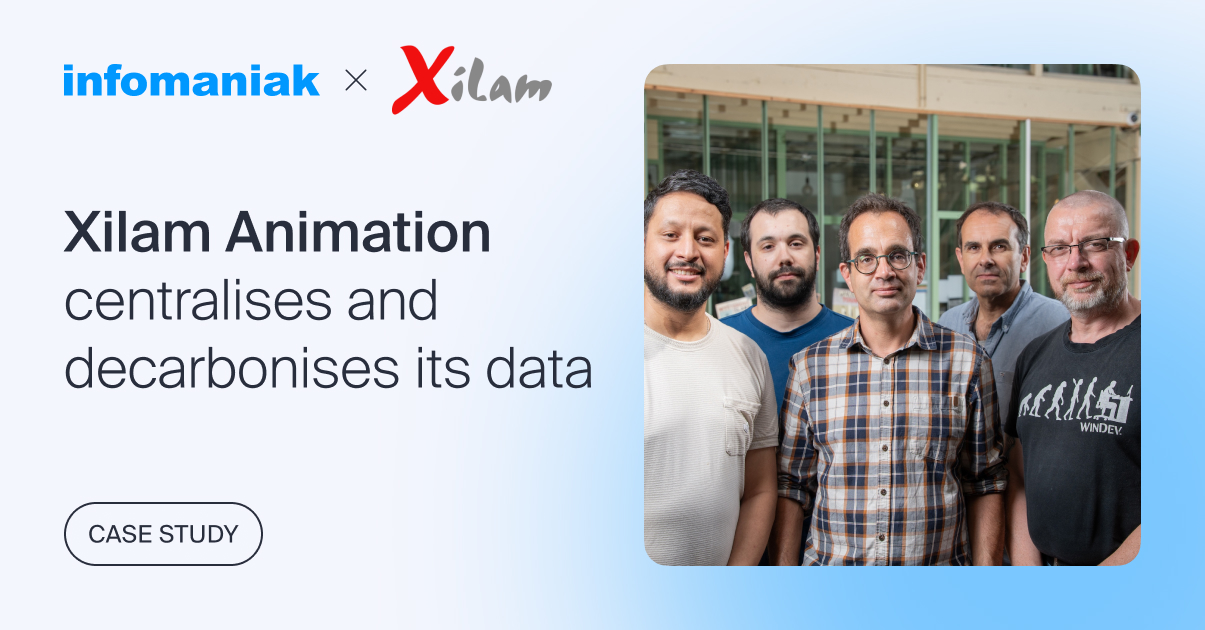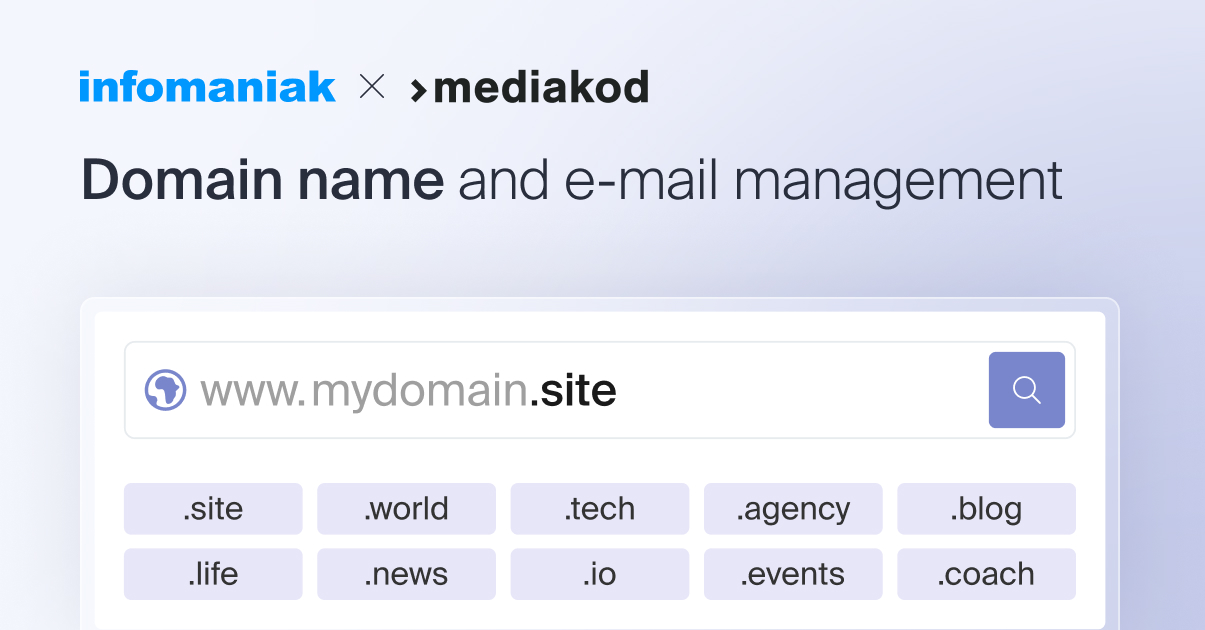Based in Switzerland, Photo Collect is the market leader in automated photo ID processing. Its platform processes millions of images for businesses, governments and public organisations by leveraging artificial intelligence to quickly validate photos that comply with business and regulatory requirements. To meet these strict compliance requirements on a large scale, Photo Collect has migrated its entire image processing workload to Infomaniak’s sovereign Swiss cloud.
Requirements
Every day, Photo Collect processes thousands of photos for employee badges, visa applications, official identity documents, etc. Each image must meet specific criteria, such as ICAO standards or customer-specific requirements.
Photo Collect uses GPU servers running custom AI models for the following tasks:
- Facial recognition and analysis: AI algorithms detect the presence of a face and assess various key biometric parameters, such as face orientation, position, eye openness and resolution.
- Content classification: each image is automatically scanned for items that may violate standards (sunglasses, partially covered face, inadequate lighting, etc.), triggering automatic rejection.
- Background segmentation: the system precisely separates the subject from its background to generate a transparent cropped image. The background is then replaced by a standardised background or one in the customer’s colours, ensuring optimal visual consistency.
To ensure fast, secure and compliant processing, the company needed a high-performance and reliable infrastructure that could handle growing volumes of data without latency or interruption, while maintaining complete sovereignty over the information processed.
After going through the Swiss data centers of major global providers such as Microsoft Azure and Amazon Web Services, Photo Collect turned to Infomaniak, which better able to meet its strategic challenges.
What needed to be done
Photo Collect faced two major challenges:
- Ensure data compliance and sovereignty: international cloud providers expose their customers to extraterritorial laws, such as the US CLOUD Act, which allows foreign governments to access data stored on their servers. For a company that processes sensitive data from private and public sector businesses and administrations, this risk had to be mitigated.
- Reduce costs associated with AI processing: image processing using artificial intelligence requires high GPU computing power. However, the costs of global cloud providers were high and difficult to predict, limiting Photo Collect’s ability to scale up its solution.
Our customers, especially in regulated industries, need absolute certainty that their data is being processed securely and in compliance. We needed a partner that could meet our requirements with a reliable infrastructure, both technically and geographically. – Dr Niklaus Holbro, co-founder of Photo Collect
Why Infomaniak?
It was the natural choice for three main reasons:
- Hosting in Switzerland: all data is hosted in Infomaniak’s data centers in Switzerland, which guarantees clear legal control and the trust of sensitive organisations.
- Performance and availability: the infrastructure has high availability levels (uptime rate of 99.99%), which is essential for real-time photo processing and validation, where even a slight delay can disrupt workflows.
- Powerful GPUs and transparent pricing: Infomaniak offers competitive and clear prices for high-end GPUs, allowing Photo Collect to adapt its AI infrastructure without unforeseen costs.
We were able to reduce our GPU costs by 75% without sacrificing speed or quality. – Nico Schefer, Tech Lead at Photo Collect
Implementation
The migration to Infomaniak’s infrastructure was carried out in-house by the Photo Collect team in order to maintain complete control over quality, security and timing.
- Deployment and configuration of high-performance GPU servers in Infomaniak’s Public Cloud: these servers have been optimised for Photo Collect’s artificial intelligence workloads, including facial analysis, content validation and background processing. Once the infrastructure was in place, the migration was carried out gradually.
- Redirection of each instance of the Photo Collect platform individually to the new endpoints of the Infomaniak network: this step-by-step redirection allowed the team to check stability and performance in real conditions, while isolating any problems at the level of each instance.
- Complete deactivation of the old structure once all production traffic had been successfully migrated: thanks to rigorous planning, real-time monitoring and the implementation of backup solutions ready to be activated, the platform experienced no downtime at any point.
This approach ensured a smooth migration without any service interruption, which is essential for a service where every minute of availability is critical.
Results
By leveraging Infomaniak’s sovereign infrastructure, Photo Collect was able to consolidate its regulatory compliance and operational efficiency to achieve the following improvements:
- Data sovereignty: compliance with the most stringent government and corporate requirements.
- Scalable performance and reliability: real-time processing, adaptable to peaks in demand without service interruption with 99.99% guaranteed uptime.
- Significant savings: a 75% reduction in GPU costs that could be reinvested in innovation and customer value.
Today, image processing, which is the heart of the platform, is based on custom-trained AI models run on Infomaniak’s GPU servers. All photo processing, validation and storage is now carried out entirely in Switzerland, in a highly secure environment that complies with the most stringent data protection standards.
More
Discover Photo Collect
Discover Infomaniak’s Public Cloud
Infomaniak’s commitments in terms of digital sovereignty
Case study: iDAKTO develops its digital identity solutions with Infomaniak’s Public Cloud
Friday October 17th, 2025
Case study: the agency Idéative chooses Infomaniak to power the Geneva Tourism sites
Tuesday August 5th, 2025
Infomaniak launches a managed Kubernetes service in its sovereign Public Cloud
Thursday April 3rd, 2025

 Français
Français Deutsch
Deutsch Italiano
Italiano Español
Español




